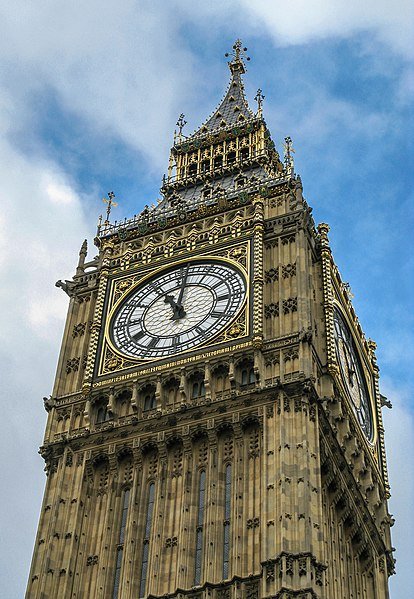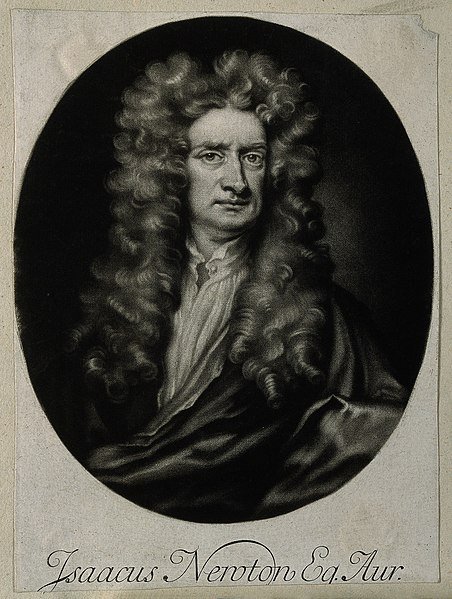The 19th century was truly a magnificent period of invention and technological advancement. However, two specific inventions of this period not only transformed how people went about their day to day lives, but completely altered the entire concept of time and distance. What were these two masterful strokes of human ingenuity you might be asking? Why the steam locomotive and the telegraph of course you silly goose. Just think about it. Prior to the steam train, the speed you got anywhere was entirely dependent upon how fast you get your horse to go. The locomotive cut travels times to a fraction of what they once were, moving at speeds so fast that the worry warts of the era feared their bodies wouldn’t be able to handle it. Concurrently, prior to the telegraph, the fastest you could get a message anywhere was again dependent upon how hard you could whip a horse without it keeling over. In comparison, the telegraph provided near instantaneous communication, allowing people miles apart to converse back and forth as though they were in the same room. For the people of the 19th century such things seemed as amazing as Star Trek teleporters. It was the start of something that would eventually lead to the jetliners and internet connections of today.
So, what the hell does this have to do with the time you may be asking. Well, calm the fuck down for a moment and I’ll tell you. Prior to the mid-1800's, what time it was depended entirely on where you were. Every single city and town kept what was called local time, which was measured via a myriad of techniques depending upon where you lived. Cities and towns of all sizes had one or more town clocks, large mechanical monstrosities usually placed high up in prominent positions where they could be easily seen by a lot of people. These clocks were used by individuals to set their own clocks and watches, hence all the dinging and donging to mark the progress of the hours. The clocks in the cities were set by a bunch of eggheads in observatories who used complex mathematical formulas involving the positions of the stars each night to figure out the time. The method used in smaller settlements was less refined, with the town clock basically set off whenever some local yokel though the sun was at its highest point in the sky, hence the whole high noon thing. As you can probably imagine, this led to a huge mess of times across the country, with every town and city having its own local time. However, none of this really mattered since no person and no message was able to travel fast enough to make it matter.
That changed when the railroad and telegraph networks began to cover large swaths of many countries by the mid-1800’s. At first, the new inventions were more of a solution than a problem. For instance, one of the first uses of telegraph lines was to send time updates from observatories to the wider world, allowing any town on the telegraph network to keep their clocks as accurate as possible using a calculation to take into account the time it took the telegraph signal to travel through the lines and differences in longitude compared to the observatory. However, this standardization did not take towns off of local time, it simply made local time much more accurate than some dingus looking up at the sun.
While such differences in time didn’t really matter to the telegraph companies, it was a huge issue for the railroads. When people moved at horse speeds it was very easy to adjust for the differences in local times. However, the trains traveled at a much higher rate of speed, so fast that the discrepancies between local times caused huge problems with accurate scheduling, which aside from being annoying, at times caused accidents. Tiring of such shit, the railroads eventually developed what became known as railroad time, where large chunks of the country were combined into a single local time. This allowed for much more accurate scheduling. However, for a time it was still a confusing mess, with each railroad company having their own railroad time. This resulted in the walls of more popular railroad stations just being completely covered in clocks, causing huge headaches for anyone trying to convert from local time to the appropriate railroad time. Eventually it became a big enough pain in the ass that the all of the railroads agreed in 1882 to work off of the same railroad time, dividing the United States into four zones. These zones, and ones like them around the world, became the basis for the modern time zones. Eventually this system completely replaced local time, with most major countries around the world accepting it by 1929. However, some countries continued to use local time until 1986.
Image: https://commons.wikimedia.org/wiki/File:London_(UK),_Elizabeth_Tower,_-Big_Ben-_--_2010_--_1979.jpg



